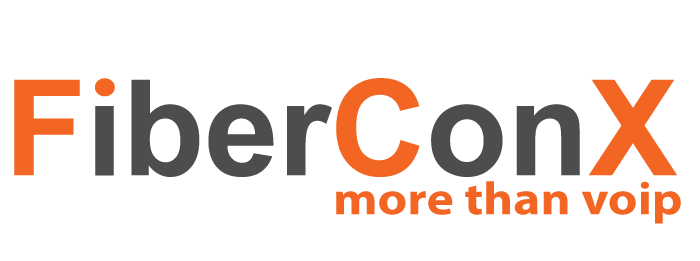Current trends in business have led to the constant use of phrases such as VoIP phones and cloud-based computing. And while these phrases may sound funny, they are anything but funny. VoIP, in particular is an acronym that stands for the next big step in the development and advancement of modern phone systems for businesses. This begs the question – what is a VoIP phone? Let’s go ahead and answer this question!
The VoIP Phone
Also referred to as IP telephony, internet telephony or broadband phones, VoIP phones are simply phones that use the internet instead of a pair of copper wires dedicated to providing only telephone services. In order words, a VoIP phone is a phone or device that allows its user to make phone calls and perform other phone-related tasks using the internet as opposed to a single copper phone line. VoIP stands for “Voice over Internet Protocol”, meaning the transmission of voice using internet protocols.
How VoIP Phones Work
One may not find it very important to understand how VoIP phones work, after all we do not know all the technological manoeuvres that take place before a traditional call is made or received. Nevertheless, for those interested, here is a simple explanation of how these phones work. When using VoIP phones, analogue voice signals are converted into digital format and then transmitted to the recipient. Upon reception, these digital signals are once again converted from digital format to standard phone audio.
VoIP phones are especially great for small businesses, call centre employees, telecommuters, heavy travellers and people who make long-distance calls frequently. Calls using VoIP phones are cheaper than traditional calls. VoIP systems are easy to install and setup, widely available and economical, supports a wide range of devices, easy to integrate and use with other software applications, and easy to scale according to your organization.
There are two main types of VoIP phones – hardware-based and software-based VoIP phones.
- Hardware-based VoIP phones
This type of VoIP phone generally resembles traditional phones. They always feature a microphone or speakerphone, a dial pad and small LCD screen to display caller IDs and other information. These phones can either be desk phones – phones with cords or cordless phones. Desk VoIP phones look and function basically the same way as their analogue counterparts. More advanced models support advanced functionalities like conference calls and multiple lines. Cordless hardware-based VoIP phones offer the same services as the desk version with the additional advantage of mobility. Because they do not need to be paired with a base to connect with multiple devices, they are relatively cheaper than the desk VoIP phone.
- Software-based VoIP phones
VoIP softphones are software programs that are installed on your computer or device to allow you make calls via the internet. With a software-based VoIP phone, you can make calls using the internet with your computer or regular phone. Examples of softphones include Skype and Google Talk which allow you to make calls at the very cheap rate over the internet. One advantage of softphones is its easy accessibility.
As previously mentioned, VoIP phones are easier to scale according to the size of your business. They can also be tailored for individual or home use. Now, there are a host of reasons why you should choose VoIP phones over traditional phones. These benefits will be discussed in detail in subsequent blog posts. For now, it is important to know that VoIP phones are quickly becoming the go-to for most businesses and households. They are cheap, easy to use, flexible and easy to adapt to any use.
